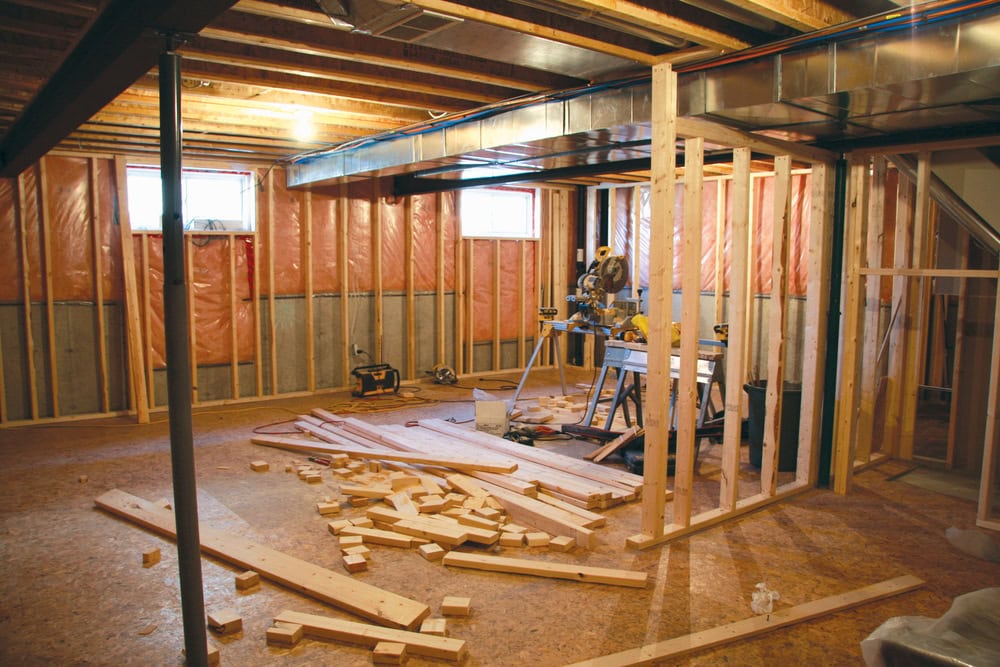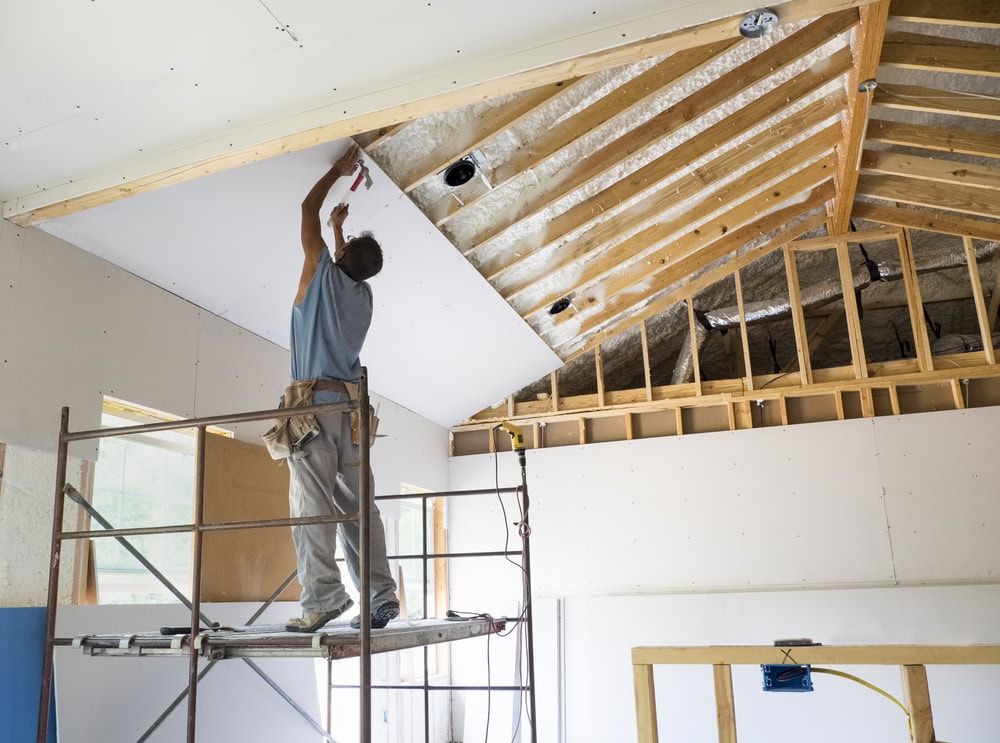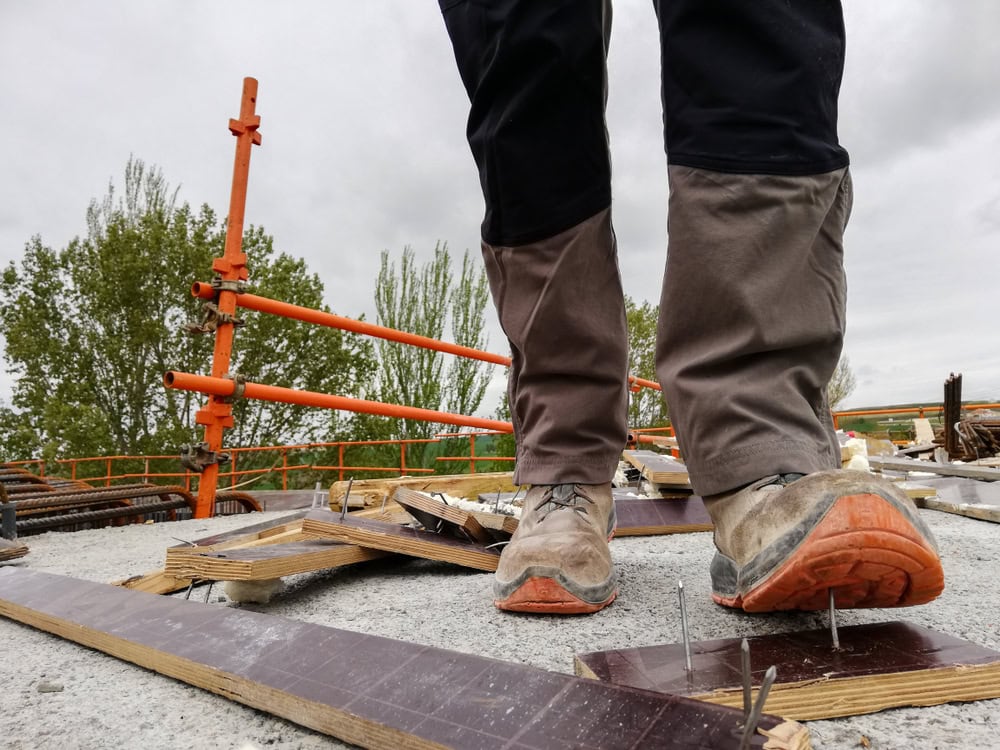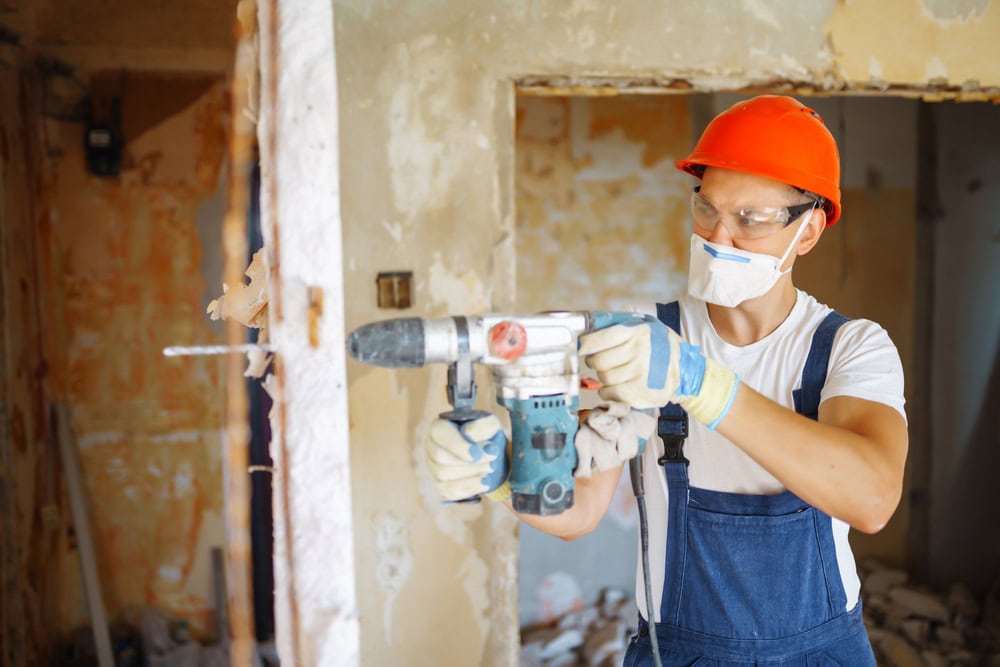CSLB Laws and Regulations: Key Updates Every Contractor Should Know
Staying informed about the latest CSLB (Contractors State License Board) laws and regulations is essential for running a compliant and successful contracting business in California. The CSLB frequently updates its rules to improve industry standards and protect consumers. Let’s explore some key updates and how they impact you as a contractor. Recent Changes in CSLB … Read more










